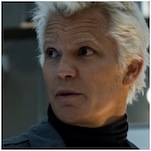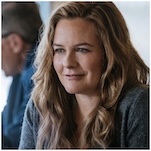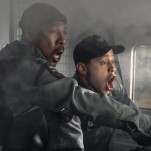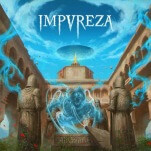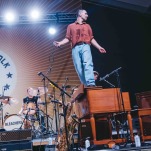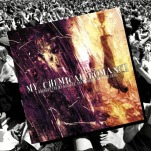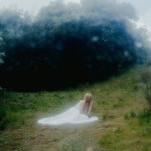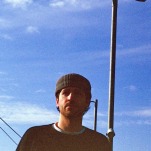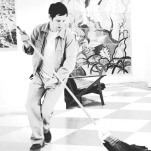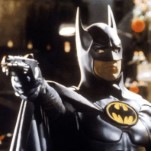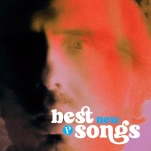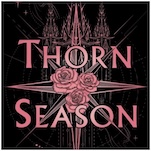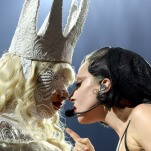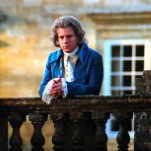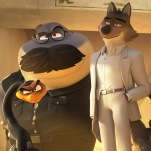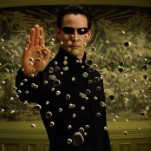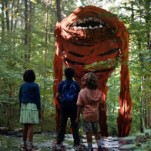Lucinda Williams Talks About Recovery, Reflection and Her Rock ‘N’ Roll Heart
Photo courtesy of the artist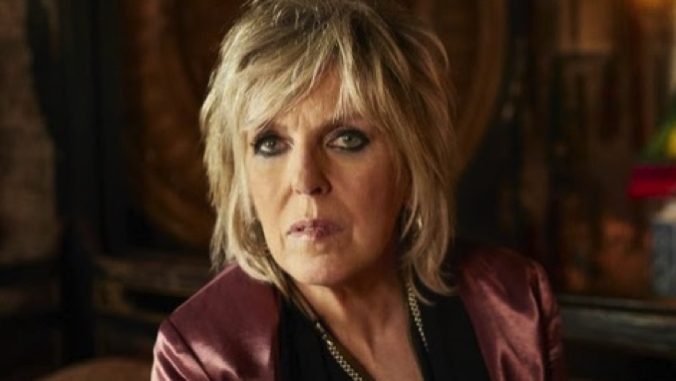
Three years ago, as the pandemic tightened its stranglehold on artists everywhere, alt-country firebrand Lucinda Williams fiercely fought free of its constricting coils with possibly her angriest album ever, Good Souls Better Angels, featuring scathing screeds like the Trump-skewering “Man Without a Soul.” The gloves were off, the claws were out. She had finally had her fill of knucklehead truth deniers, and in a March 2020 interview swore she would never have a conversation with anyone ill- or uninformed again. She was already viewing Covid as a latter-day plague, she said. “Because it’s almost Biblical, isn’t it? And what’s next? Locusts?” And she explained her Good Souls songs thusly: “Remember back when there were political songs like “Ohio”? And it felt so good back then, to feel that feeling of ‘We’re all in this together.’ Otherwise, it’s just complacency.” And she couldn’t help it, she added. With two ardent Methodist minister grandfathers in the family, preaching was simply in her blood.
The multiple Grammy winner, now 70, was so full of venomous vitriol at the time—and so unwilling to suffer any fools gladly—in the interim, it was fun to imagine just how angry her next batch of songs, her 16th, would turn out to be. But the Good Souls followup, the new Stories from a Rock and Roll Heart, is nothing that neither she nor her fans could ever have predicted. Coupled with her just-published memoir Don’t Tell Anybody the Secrets I Told You, the material reveals a softer, more reflective side of the composer, who is—above all else—just grateful to be alive, after she suffered a debilitating stroke on November 17 of 2020. A blood clot on the right hemisphere of her brain severely impaired motor skills on the left side of her body; she was forced to re-learn in rehab the most basic of abilities, like walking and even strumming the guitar. It wasn’t until July of 2021 that she felt confident enough to go onstage again—as wheelchair-bound opening act for Jason Isbell at Denver’s Red Rocks—but the crowd’s overwhelming reaction brought her to her feet, as well, by set’s end.
Which is nothing compared to the huge rally of support Williams received in the studio while cutting Stories with her husband, manager, co-writer and producer Tom Overby. Replacements bassist Tommy Stinson chipped in on the sessions, as did Jesse Malin, Margo Price, Buddy Miller, Angel Olsen, and even Bruce Springsteen and his wife Patti Scialfa, who added vocals to two anthems, “New York Comeback” and “Rock ’N’ Roll heart.” Her longtime road manager Travis Stephens picked up any guitar-playing slack, Ray Kennedy signed back on as co-producer. And Williams, once fiercely protective of her solo songwriting, opened up her craft to co-composers like Malin, whose 2019 Sunset Kids effort that she and Overby had co-produced. Inspiration was where she found it—Tom Petty for the stomping “Stolen Moments,” the late Bob Stinson on “Hum’s Liquor,” somber reminiscences such as “Jukebox,” “Never Gonna Fade Away,” and “Let’s Get the Band Back Together,” and tougher grapplings with maturity, mortality in “Where the Song Finds Me” and “This is Not My Town.”
But there’s still some serious socio-political fire in her furnace, Williams adds, pointing to her terse pedal-steel lament, “Last Call For the Truth.” “There’s always something to be pissed off about in this country, ya know?” She says. “But now I have bigger fish to fry.”
Paste: Where were you, exactly, on November 17, 2020? Were you angry, yelling at the TV like a lot of us when the stroke hit? What happened that precipitated that?
Williams: Yeah. I was watching TV. And when I first walked in the room, I didn’t know what was going on yet. And then somebody told me what was happening, but at first I thought, “Oh, they’re protesting something that Trump did, and they’re standing up and saying something about it.” So I thought it was a good thing at first, ya know? So anyway, I didn’t know all the details at first. Then I started watching it more closely, and reading about it, and to be honest I had mixed feelings about it. But it was just the protesters themselves—I didn’t realize that they were Trump supporters that he had kind of manipulated. I thought they were from the West, and that they weren’t, and they were protesting.
Paste: One minute, you’re yelling at the TV, and the next, you woke up in a hospital?
Williams: Well, when I had to go that day, the hospital day, it started out a normal day. But I just felt really tired and I had to lay down. Then Tom, my husband, Tom, came in and saw me laying down, and I was laying down on the floor actually, and he ended up on the phone with the doctor, and she said to call the ambulance—she recognized the symptoms, and thought it might be a stroke. So she told Tom to call the ambulance, which he did, and they came, the EMTs, and we told ‘em not to put the siren on, but they did anyway. But I was really lucky because the hospital that I went to is one of the best medical centers in the country—it’s Vanderbilt Medical Center—so they took really good care of me. And then, just a few days after I got in the hospital, they started me on rehab. They had a rehab unit in the hospital, so I had to start doing that every day, a little bit, with physical therapists and all, because I had to learn to walk again. I couldn’t even walk across the room without falling down. It’s really strange. It’s a brain thing—that’s what’s so surreal about it. I learned a lot about the human brain and how it affects the whole rest of the body and all, and my stroke was on the right side, so everything on the left side got affected—my left arm and hand.
Paste: How is everything now?
Williams: Everything’s good. I mean, I feel good, ya know? But my left arm and hand still aren’t completely recovered yet. But it’s my brain—if only they had something that they could stick in my brain or something to rewire everything.
Paste: How long were you in the hospital? And then when you went home, you continued with outpatient therapy?
-

-

-

-

-

-

-

-

-

-

-

-

-

-

-

-

-

-

-

-

-

-

-

-

-

-

-

-

-

-

-

-

-

-

-

-

-

-

-

-




